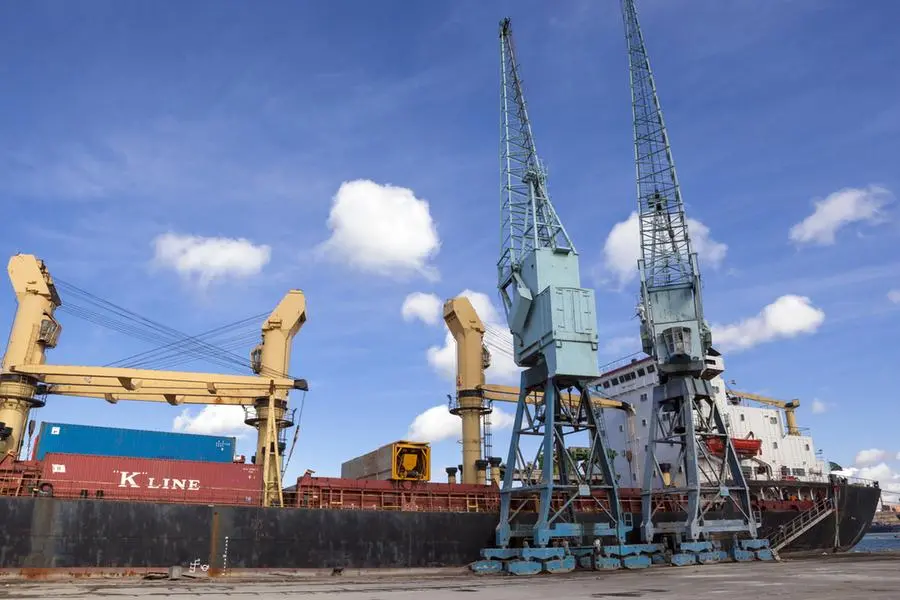PHOTO
The Kenya Plant Health Inspectorate Service (Kephis) has suspended physical tests, examination and inspection fees on imports and exports until March 2025 amid opposition from traders.
Kephis managing director Theophilus Mutui, who met with stakeholders on Tuesday, also said the charges would be reviewed downwards before implementation.
Prof Mutui said they had to suspend the fees, which were to take effect on December 1, 2024, to allow for further consultations with stakeholders. This is the second time Kephis is suspending the charges.“The business community and other stakeholders have given their suggestions on how best to implement the regulations, which were to take effect in July before being pushed to December this year. After the meeting, we agreed to have more time to incorporate some suggestions drawn from the meeting before implementing it on a pilot basis starting March 1, 2025,” Prof Mutui said.
The majority of traders have said they were not willing to pay more levies, as it would increase the cost of business.
Cereal Millers Association representative Nassib Mubarak said while they have no objection to Kephis carrying out its mandate of protecting the country from pests and insects by inspecting fresh produce, grains and other goods in wooden packaging, the introduction of cleaning charges and services will add costs and compromise the efficiency at the port.
Shippers Council of Eastern Africa CEO Agayo Ogambi urged the government to allocate more funds to agencies that play a key role in clearing of cargo.
“Every agency has been asked to generate its own revenues, but some services do not warrant charges, and the government has enough to fund that. If this is implemented, we shall set a precedent for other 30 agencies at the port to introduce charges,” Mr Ogambi said.
Kephis had announced plans to begin charging for physical tests, examination and inspection, which would have increased the cost of freight and delays in clearing cargo at points of entry.
For instance, the cost of inspecting and acquiring a phytosanitary certificate to export a 40-foot container was to rise from $11.8 to $90.5 from December 1.
This would make Kenya one of the most expensive routes to import and export, compared to Tanzania, which charges about $17 for a phytosanitary certificate and inspection fee for export.
© Copyright 2022 Nation Media Group. All Rights Reserved. Provided by SyndiGate Media Inc. (Syndigate.info).





















